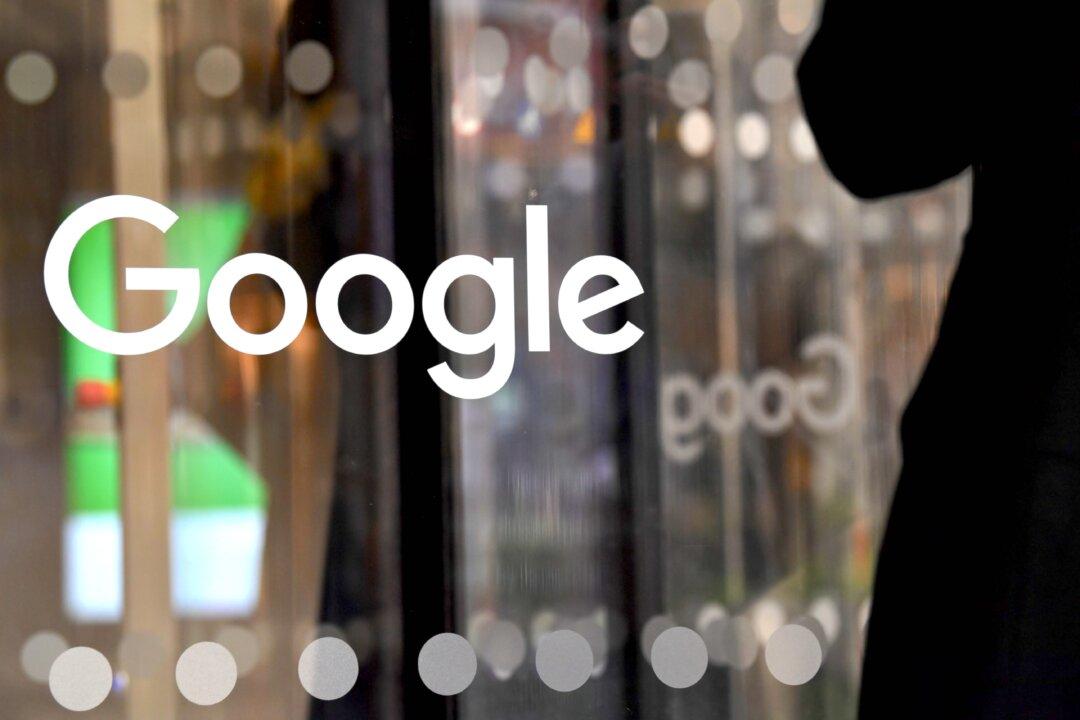Australia said on Thursday that Facebook and Google will be among the tech giants put under watch to ensure they are not abusing their market power to unfairly dominate the country’s advertising market.
The announcement comes in response to what the Australian government hailed as a “world-leading inquiry” by the competition watchdog, the Australian Competition and Consumer Commission (ACCC), which was directed in December 2017 to inquire into the impact of digital platforms such as Google and Facebook on competition in the media and advertising sectors in Australia, focusing in particular on the impact on news and journalism.




